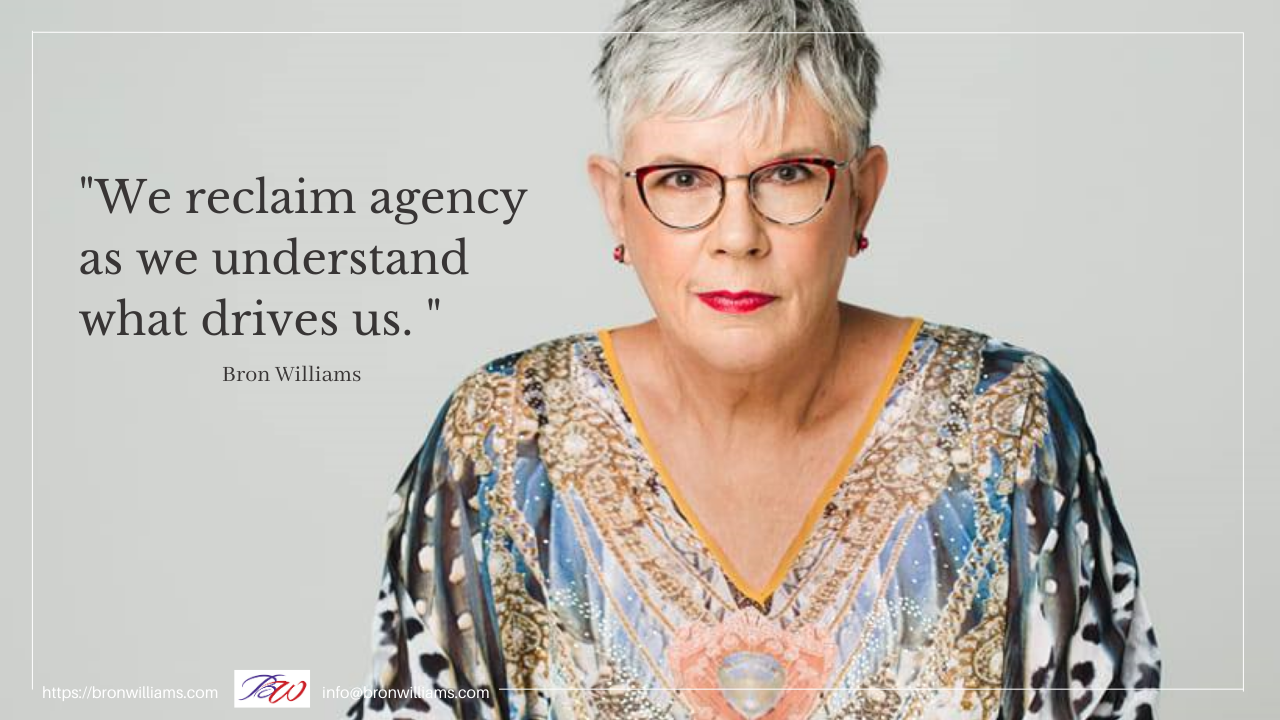We reclaim agency as we understand what drives us.
The Power of Uncovering Our Unconscious Biases

For as long as I can remember, I’ve been intrigued by the underpinnings of human thought – the hidden narratives that shape our perspectives, decisions, and relationships. Initially, I labelled this inquisitiveness as an interest in 'backstories' - what were the behind-the-scenes events in a person's life that prompted them to think and act the way they do?
However, as my exploration deepened, I realised that I wasn't just studying personal histories. Instead, I was diving into the realm of biases, specifically, unconscious biases. These are the preconceived notions we unknowingly carry, which in turn influence our choices and behaviours.
As children, our brains are impressionable. We absorb messages from our parents, teachers, religious institutions, and even sports teams about
who to trust, who fits certain stereotypes, and what ‘normal’ looks like. Nobel Prize winner Daniel Kahneman terms this as our "quick thinking" –
snap judgments we make without pausing for reflection.
Often, these biases emerge from protective instincts. Our parents, guardians, teachers, hoping to shield us, might have cautioned us about certain individuals or situations. Or perhaps, we've had a negative personal experience that leads us to generalise a particular group or idea. Yet, while these biases may have origins in well-intentioned advice or personal experiences, they can inadvertently narrow our worldview. We may become quick to dismiss people who differ from us, or ideas that don’t align with our established beliefs. We risk surrounding ourselves with an echo chamber of likeminded individuals, depriving us of the rich tapestry of diverse thought and experiences.
My research has continually pointed towards one truth: Identifying and understanding our biases can profoundly enrich our lives. It allows us to remove the blinkers, broadening our horizons and opening ourselves to new experiences.
How do we unearth these biases?
First, tune into your body and emotions. Recognize cues like tension, anger, or fear. Then, ask probing questions. Why did you feel this way? What does it remind you of? This introspection often reveals ingrained narratives we might have unknowingly absorbed throughout our lives. The final, crucial step is naming the bias. I, for instance, discovered my own biases while working in Nauru amidst diverse cultures. Recognising and admitting my preconceived notions was the first step in my journey of growth and change.
To know one's biases is a powerful tool. Whether we're entrepreneurs, corporate employees, young, or old, biases accompany us everywhere. By understanding them, we can assess their relevance in our current lives and choose to either embrace or let go of them.
In the end, the quest to understand what drives us – our biases included – is an essential step to self-awareness and growth. By doing so, we
reclaim the agency to decide if these drivers should continue to influence us or if they're relics best left in the past.
Interested in hearing more? Contact me about speaking options using the form below.